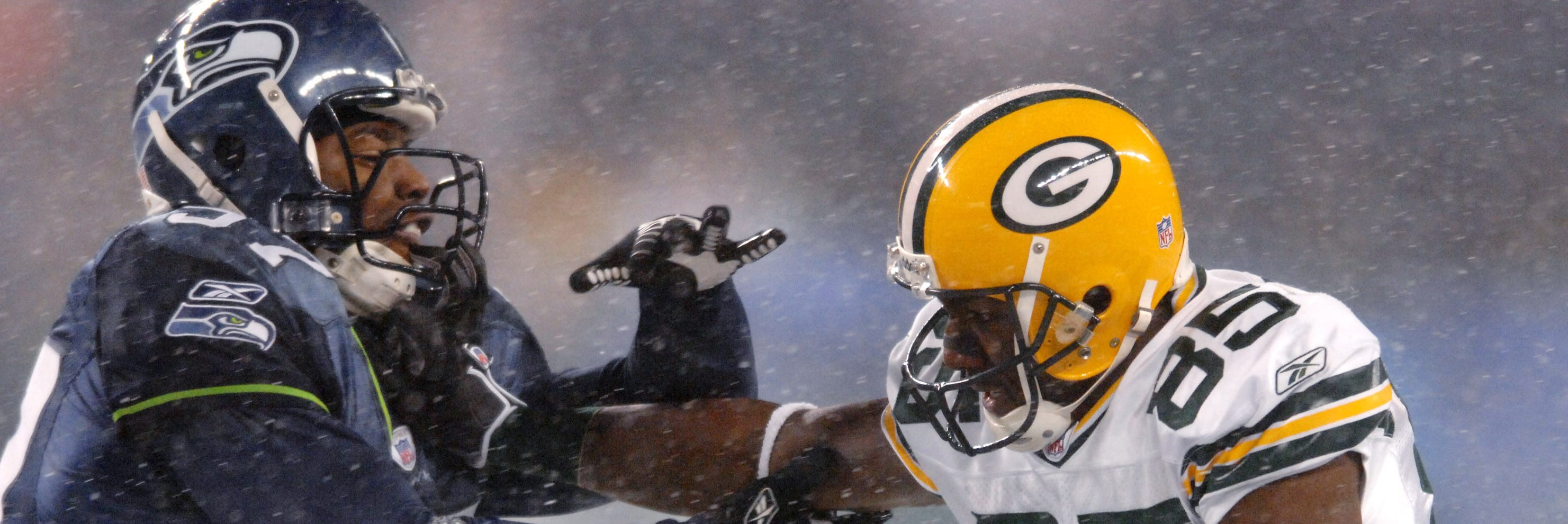Is there really such a thing as too much football? CBS Sports chairman Sean McManus certainly thinks so. The executive believes the oversaturation of NFL games on television is a cause of the league’s declining ratings over the years.
“I do think it’s clear that adding 10 games to the Thursday night package and two additional Sunday morning London games has clearly diluted the Sunday afternoon packages and affected the ratings,” McManus told The Wall Street Journal. “It’s just simple mathematics.”
It’s an interesting theory, and one that makes much more sense than simply blaming NFL player protests for the downturn in ratings. Ratings for Monday Night Football games are down 5 percent, according to USA Today, while Sunday games have also taken a dip in recent months.
Fox CEO James Murdoch also believes the availability of so many football games on TV in general has led to people tuning out.
“And then they watch a lot more college football games on Saturdays, and then on Sundays, and then on Monday Night Football, etc. It’s a lot,” Murdoch said. “So I do think that preserving the scarcity value of those events and that audience is something that is worth thinking about.”
The Charge will help you move better, think clearer and stay in the game longer. Subscribe to our wellness newsletter today.
